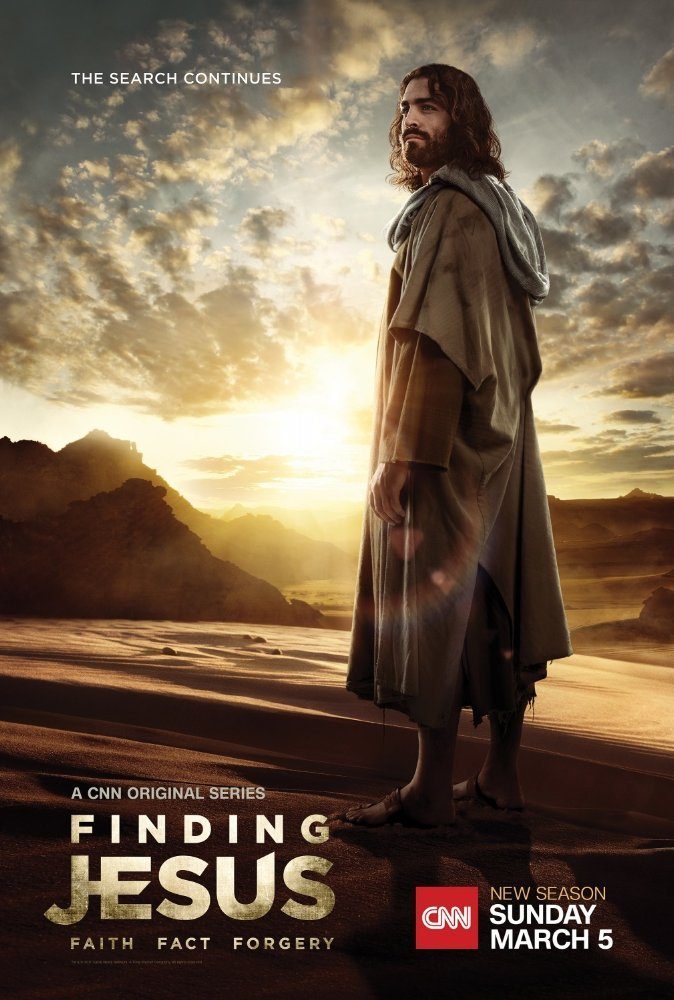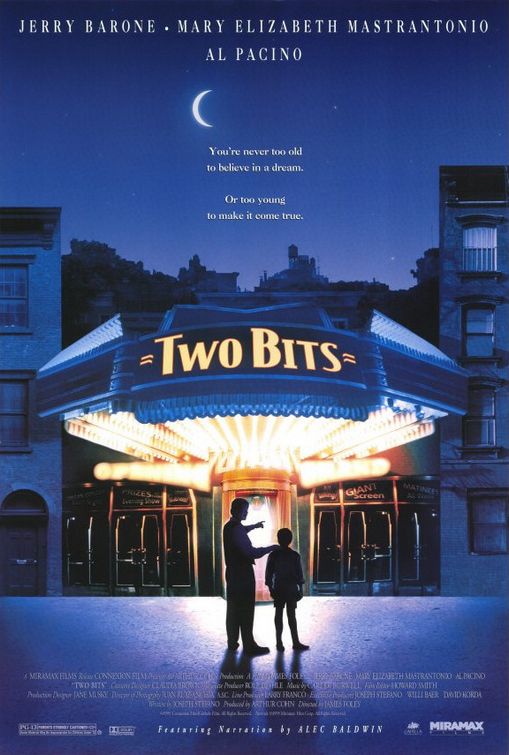"Hollywood Nights"

| None | Light | Moderate | Heavy | |
|---|---|---|---|---|
| Language | ||||
| Violence | ||||
| Sex | ||||
| Nudity |
What You Need To Know:
JOHNS falls short as dramatic art because of its totally unbelievable tragic climax, which seems contrived. Thus, JOHNS has a fatal dramatic flaw. Moreover, JOHNS has a fatal moral flaw. It offers no hope for its two anti-heroes, who are trapped in the perverse, self-destructive lifestyle of homosexual prostitutes. Working in a Missouri theme park does not provide hope to the two wayward young men. Repenting of their sins and receiving Jesus does provide hope, because He is Hope itself. Had Director Silver shown John repudiating his lifestyle and surrendering to God, he would have made a truly magnificent and redemptive film which would merited far more accolades than JOHNS has already received
Content:
(PaPa, HoHoHo, LLL, VV, SS, N, D, M) Pagan worldview of seamy homosexual street life, 71 obscenities & 17 profanities; man beats up man, man stabs man & man murders man; implied homosexual sex; upper male nudity; and, smoking & drugs
More Detail:
In JOHNS, a 21-year-old seasoned street hustler, named John, wakes up to find that an unidentified thief has stolen his lucky shoes. Barefoot, he vainly pursues the pilferer across the bare asphalt, until he crashes into a man dressed as Santa Claus, outside a store. John breaks down in despair, crying on the sidewalk. Stealing the Santa Claus’ hat, he goes into a motel room, where he finds his friend, Donner, sleeping. Cherub-faced and inexperienced, Donner is a newly arrived young man whom John has promised to turn into a hustler.
Leaving Donner’s room, John solicits business along Santa Monica Boulevard in the early morning on a hot Christmas Eve. He performs homosexual sex on a man driving a convertible, who talks on his car phone. John gets out with several new twenty dollar bills, and greets Nikki, a trash-mouthed prostitute whom John has befriended, but whose overtures John rejects in favor of soliciting more customers. He meets Donner on the street and confides to him that the next day, Christmas, is his birthday, and he wants to celebrate it in style in a fancy hotel room. To do that, he needs $300. John spends the rest of the day trying to get $300, as he hustles more men for sex and mentors Donner in the meantime in the art of not getting caught by the cops.
One self-destructive customer crashes his car after he demands sex from John, and John refuses. The enraged customer stabs John before he escapes the crashed vehicle. John returns to find refuge in Donner’s room, where Donner washes his cut and tells him about a Missouri theme park where he says both guys could find work. Donner expresses his love and esteem for John, who rebuffs him angrily
Back out on the street again, John encounters Jimmy the Warlock’s two henchmen, who demand repayment of John’s $300 debt and beat him up because he can’t pay. Forehead bloodied, he meets Donner again in an alley and apologizes for his rejection. Donner tells about his recent successful trick and celebrates his status as a veteran hustler. He says he has contacted the bus company and found out the price of two one-way tickets to Missouri. John tells him he has enough money for his ticket, but he has to do one last trick before he leaves the street life for Missouri. Donner urges him not to go. Donner risks his life to pay off John’s debt to Jimmy the Warlock and beats up the thug who beat up John several hours earlier. Meanwhile, John gets into an ominous-looking pickup truck to do his last trick.
Director-writer Scott Silver says that he felt utter desolation, despair and depression on his first Christmas Day in West Hollywood, when he passed through the area as a film student at the American Film Institute in the early 1990’s. He conveys that mood of despair very well in his artistically competent film. As a documentary of contemporary street life, JOHNS succeeds well, with authentic-sounding dialogue and street encounters.
John Arquette as John communicates an intense urban angst very effectively. Cherubic Lukas Haas as Donner distinguishes himself as he portrays innocent bravado as well in this film as he did in a famous former appearance as the Amish little boy witness to a murder in 1985’s Witness. Cameraman Tom Richmond helped to create an effective mood of despair by overexposing his film, to wash out the blue California sky with monocoloric white hues. The sound track, alternating between blues and Gregorian Chant, contrasts exquisitely with the hopeless lives of the two unfortunate protagonists.
Yet, JOHNS falls short as dramatic art because of its totally unbelievable tragic climax, which seems contrived more to fit neatly into the filmmakers’ tragic premise than to flow from the logic of the story. It just doesn’t work. Thus, JOHNS has a fatal dramatic flaw.
Moreover, JOHNS has a fatal moral flaw. It offers no hope for its two anti-heroes, who are trapped in the perverse, self-destructive lifestyle of homosexual prostitutes. As God’s word tells us in 1 Corinthians 6:18: “Flee from sexual immorality. All other sins a man commits are outside his body, but he who sins sexually sins against his own body.” (NIV)
In the final analysis, working in a Missouri theme park does not provide hope to the two wayward young men. Only repenting of their sins and receiving Jesus as their Lord & Savior does provide hope, because He is Hope itself. Had Director Silver shown John repudiating his lifestyle and surrendering to God, he would have made a truly magnificent and redemptive film which would merited far more accolades than JOHNS has already received.



 - Content:
- Content: 



